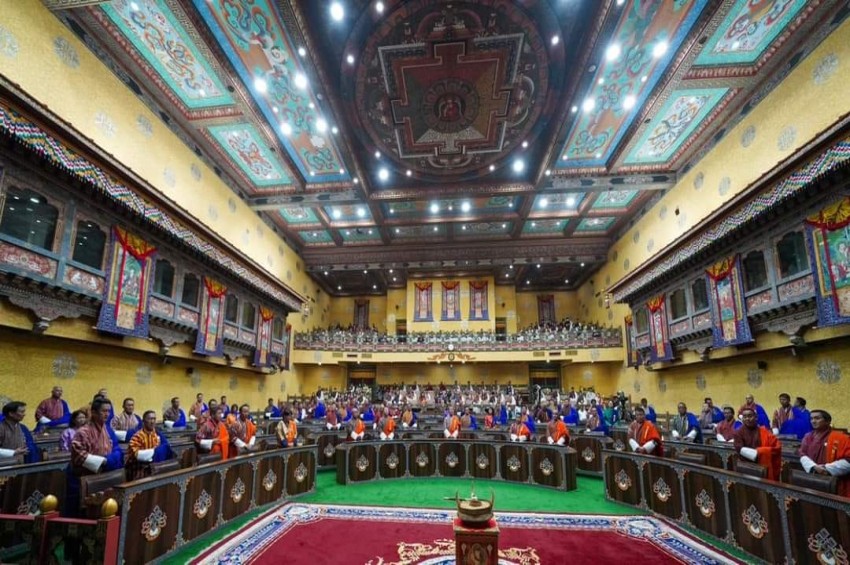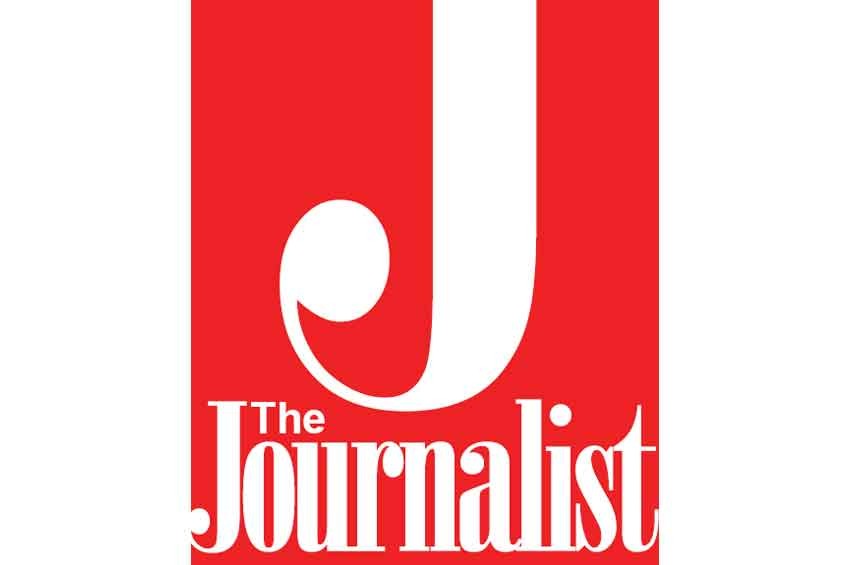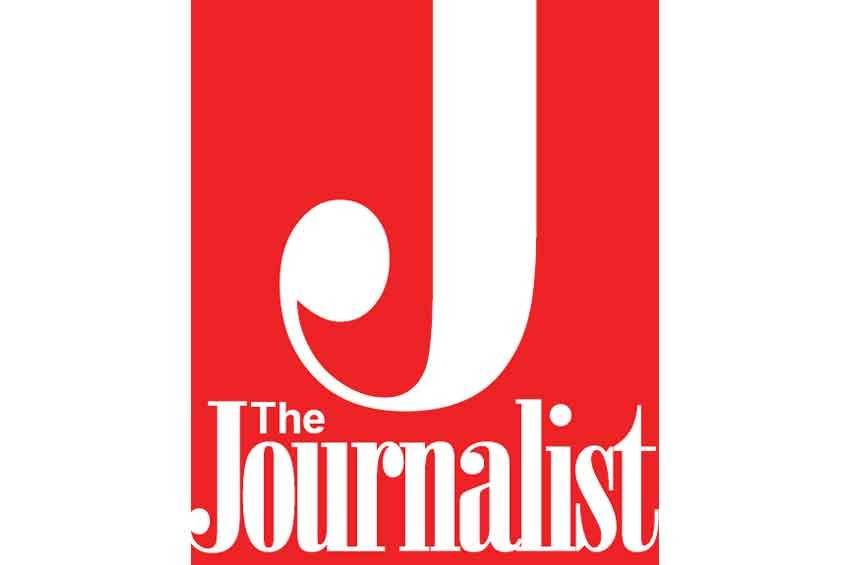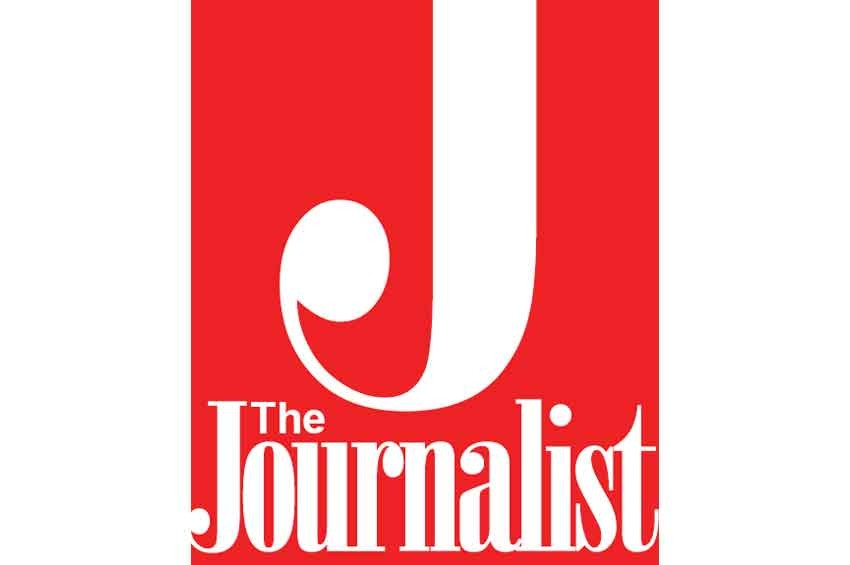Following the compulsory retirement of two officials by the Ministry of Agriculture and Forests (MoAF) for “speaking to the media,” Bhutanese media houses are finding it extremely difficult to get information, even from credible sources. The media-bureaucratic tussle has been there for quiet sometime, and the current reform of the civil service provides the opportunity for the civil service to discuss and come out with measures to work closely with the media. If the civil service is serious about a fundamental shift and overhaul of the manner in which public service are delivered to the people, and how civil service agencies are organized to do so, they require the media’s support.
Additionally, if the civil service and other agencies continue denying information, there are dangers of disgruntled civil servants resorting to social media to voice their opinions, apart from the development of an unethical relation with the media, such as bribery. Civil servants could even become whistle blowers, which will be appalling for everyone.
Civil service reforms is not just about the ten ministries and agencies under the Royal Civil Service Commission (RCSC). Executives and the RCSC, who are involved in the reform, should also look at coordination of the bureaucracy with the private sector and other agencies as the everyday functioning of these agencies depend on rules and regulations framed by the RCSC. Moreover, the media is very important and if the reforms do not come out with effective and efficient ways to work with the media, the reform will remain incomplete, for it will be difficult for the civil service themselves to enforce accountability.
There are people who today regret for not having spoken to the media and lost their cases in Courts. Media houses began writing stories based on what the Anti corruption Commission (ACC) and Office of the Attorney (OAG) had to say. Their voices were not there. And media makes an impact due to which we have the phrase “trial by media”.
The civil service should in fact use the media. Stories written are based on how the story is told and even if civil servants or ministries have made a mistake, they can spin the story when speaking with the media, which will benefit them.
Yes! Media houses should also take a share of the blame. Some misquote and there are instances where reporters call without doing any homework on a particular issue and expect civil servants to provide all details. Nonetheless, information should be provided to the media, because there are possibilities of civil servants who feel an information should be leaked, using social media. Stories on social media are never complete and also inaccurate, flooded by anonymous users venting their fury. This is where the mainstream media comes in.
If civil servants are “gagged,” very unhealthy practices could develop. Journalist may use all ways to get a story. We have practices in the world where journalists go to the extent of sleeping with their sources or bribing them. It may not be happening here. It may be happening and it could happen. Disgruntled civil servants could even become whistle blowers, telling just one part of the story.
Media cells and media focal persons are very important. But in most cases, we have media focal persons who do not know much. People in such posts should be ones who know everything about the agency and more.
If strengthening accountability is an important component of the reform, keeping distance from the media makes no sense. The RCSC reforms provide an excellent platform for the civil service to come out with ways through which a healthy relation with the media can be developed. Executives involved may be doing this. If not, it should be done and made a primary part of the reform, as it is important.
Additionally, if the civil service and other agencies continue denying information, there are dangers of disgruntled civil servants resorting to social media to voice their opinions, apart from the development of an unethical relation with the media, such as bribery. Civil servants could even become whistle blowers, which will be appalling for everyone.
Civil service reforms is not just about the ten ministries and agencies under the Royal Civil Service Commission (RCSC). Executives and the RCSC, who are involved in the reform, should also look at coordination of the bureaucracy with the private sector and other agencies as the everyday functioning of these agencies depend on rules and regulations framed by the RCSC. Moreover, the media is very important and if the reforms do not come out with effective and efficient ways to work with the media, the reform will remain incomplete, for it will be difficult for the civil service themselves to enforce accountability.
There are people who today regret for not having spoken to the media and lost their cases in Courts. Media houses began writing stories based on what the Anti corruption Commission (ACC) and Office of the Attorney (OAG) had to say. Their voices were not there. And media makes an impact due to which we have the phrase “trial by media”.
The civil service should in fact use the media. Stories written are based on how the story is told and even if civil servants or ministries have made a mistake, they can spin the story when speaking with the media, which will benefit them.
Yes! Media houses should also take a share of the blame. Some misquote and there are instances where reporters call without doing any homework on a particular issue and expect civil servants to provide all details. Nonetheless, information should be provided to the media, because there are possibilities of civil servants who feel an information should be leaked, using social media. Stories on social media are never complete and also inaccurate, flooded by anonymous users venting their fury. This is where the mainstream media comes in.
If civil servants are “gagged,” very unhealthy practices could develop. Journalist may use all ways to get a story. We have practices in the world where journalists go to the extent of sleeping with their sources or bribing them. It may not be happening here. It may be happening and it could happen. Disgruntled civil servants could even become whistle blowers, telling just one part of the story.
Media cells and media focal persons are very important. But in most cases, we have media focal persons who do not know much. People in such posts should be ones who know everything about the agency and more.
If strengthening accountability is an important component of the reform, keeping distance from the media makes no sense. The RCSC reforms provide an excellent platform for the civil service to come out with ways through which a healthy relation with the media can be developed. Executives involved may be doing this. If not, it should be done and made a primary part of the reform, as it is important.

















